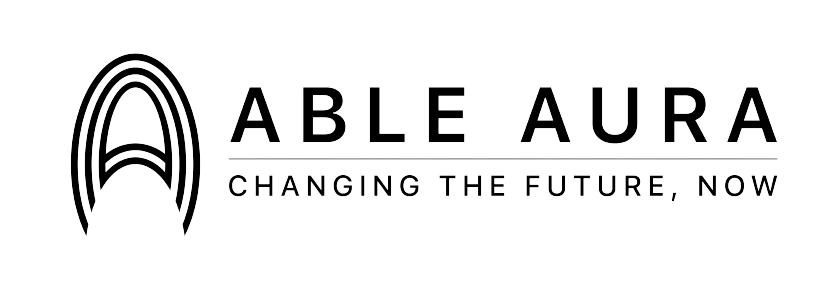How to Choose the Best Higher Education Course for Your Disabled Kid
As a parent of a disabled child, there is always a need to be extra careful about his or her education. Lack of adequate and suitable educational institutions, lack of willingness to design courses with special emphasis for students with disabilities, or inadequacy of sufficient skilled and competent faculty to educate students with disabilities are the major obstacles to higher education for students with disabilities. Today’s article will be instrumental in creating a clear idea of parents’ potential duties and responsibilities with the necessary helpful guidelines for making the right plans for the future higher education of a specially-abled child.
How To Choose The Right Course
●See If The Preferred Institution Is Suitable For Differently Abled Students
As a parent, first and foremost, make sure that your child’s physical or mental disability does not stifle his or her desire for higher education. Like any physically able student, your child can learn as much as he or she wants. If your child’s disability is identified in pre-college life, then as a parent, you should have good knowledge about the special rules and regulations for differently-abled students. Although some differences between institutional protection and regulatory practices can be noticed in higher education, the legal provisions regarding your child’s right to education were never really meant to curtail his/her fundamental right to pursue knowledge.
●Keep In Mind The Distance Of The Educational Institution From the Home
Discuss with your child and decide if he or she can stay away from home for higher education. In many cases, specially-abled students cannot stay in their accommodation away from home due to various physiological and intellectual impairments. So pay special attention to your child’s accommodation when choosing the desired course and university. If your child decides to stay in a college or university hostel or accommodation, consult with the respective administration to see if they can successfully handle your child’s safety and special needs. Remember, any college or university is obliged to give your child the help and support he or she needs. Otherwise, never hesitate to take legal action.
● Consider Distant Learning
Find the appropriate distance learning training according to your kid’s definite demand. Suppose the online course your kid prefers has a functional design that makes the medium of instruction as accessible and equitable as offline. In that case, the distance learning program may be considered fruitful for students with various impairments. Make sure the courses are easily accessible and descriptive enough. Distance learning courses prepared for disabled students come with a clear captioning system. In addition to this, appropriate assistance from a trained professional is mandatory to teach specially-abled students.
● See If There Is An Encouraging Environment In The Educational Institution
Your child’s well-being, either online or offline, depends upon the overall behavioral aspects of the respective faculty and the other university staff. They need to be attentive, caring, and empathetic towards your child’s concerns.
A harsh environment can turn your child towards social withdrawal. He may eventually lose interest in the course; this can adversely affect his self-confidence. Put your child’s future in a safe space, and pick a college or university willing to show extra kindness toward your child’s requirements.
Read more: Must Know Before Your Child’s Admission to a Non-Special School
● The Compatibility Of The Course With The Special Needs Of Your Child
Always evaluate the relevance of that course to your child’s disadvantages while choosing a course for higher education. Choose a stream or subject that will highlight your child’s innate creativity and special skills. Suppose your child is lagging in a case due to his/her incapacities, but the onus is on the parents to discover other positive features of his or her character. Encourage these features so that they can be more stimulating. Inspire your child. Never force your kid to go for trendy or mainstream courses. Let the kid follow his/her instinct. Separate work centres and various opportunities for future employment of students with disabilities are officially provided by every country. Choose the appropriate course for higher education accordingly.
● Look Out For Scholarships Allocated To Higher Education
It is quite expensive to avail a wide range of undergrad and postgrad higher education, especially for able-bodied students. Therefore, many leading colleges and universities in the country and abroad provide financial assistance to students suffering from physical and mental disability. In addition, a significant number of governmental scholarships are also being offered to able-bodied students opting for higher degrees. Much of the academic expenses can be covered through these scholarships. At the same time, like other students, your child can apply for any merit or financial status-based scholarships.
Final Thoughts
As a parent, it is extremely normal to be consumed with worries about the future of your differently abled child. With the advent of technology, access to education has become much easier. With proper planning and extra care, you can be sure to arrange the best career based course for your child. During enrollment, inform the authorities about your child’s specific necessities. This will help your child get administrative help if he or she encounters any inconvenience, especially if the child decides to stay within the campus. Reputable educational institutions post detailed lists of courses especially created for particularly abled students on their websites. So, by regularly browsing the websites of your child’s favourite educational institutions, you will get a clear idea about the relevant courses and their prospects.
